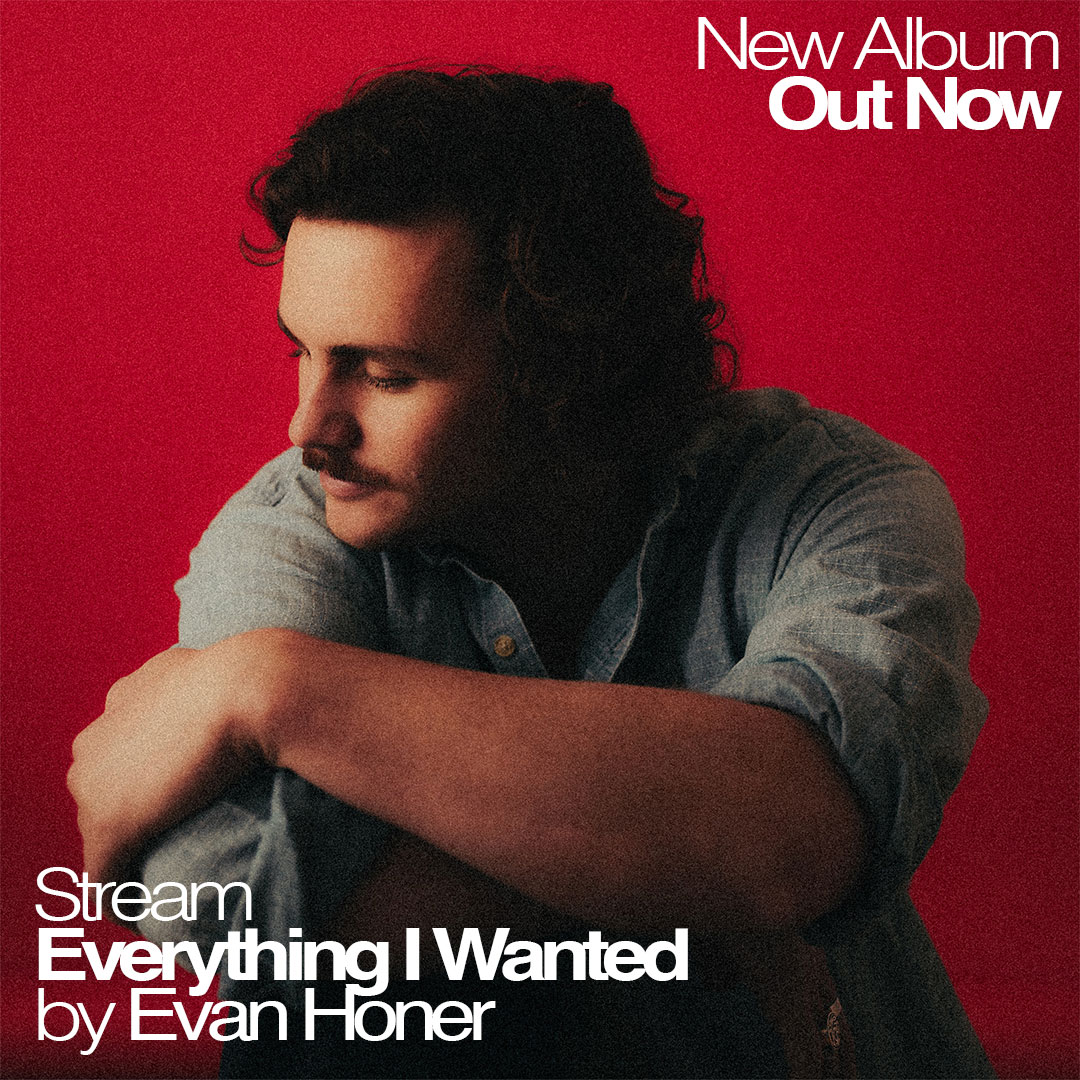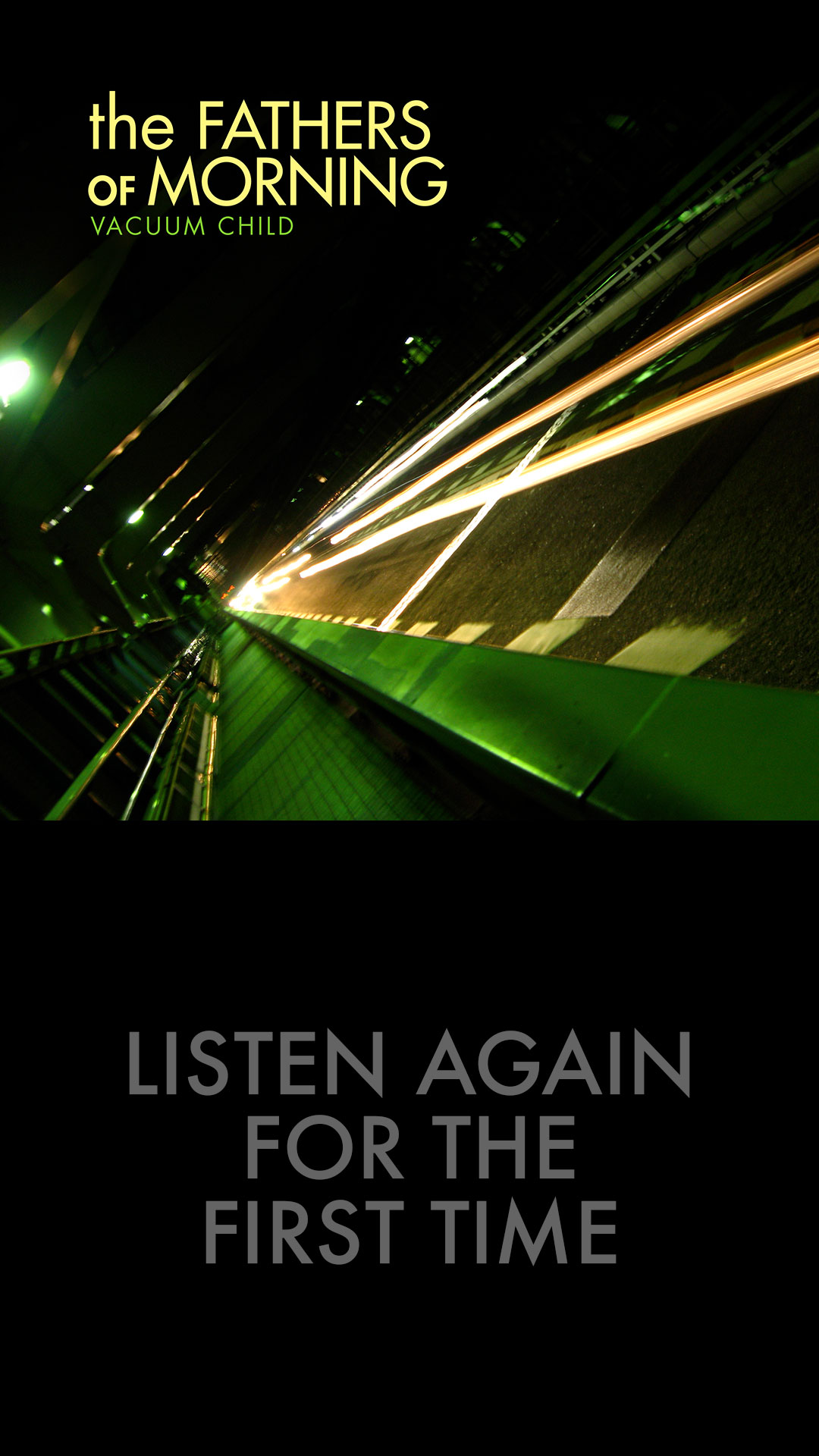
The title of Emma Swift’s first album of all-original material couldn’t be more apropos. Sonically ornate and thematically intimate, The Resurrection Game marks the Australian-born singer/songwriter’s official return to normalcy after a monumental year of recovery. The wife of surrealist singer/songwriter Robyn Hitchcock, Swift suffered what she describes as a nervous breakdown punctuated by a psychotic break that landed her in a hospital for seven weeks. Medication and months of therapy got her back on track and comfortable enough to return to music.
Armed with page upon page of vivid confessional poetry and candid musings, Swift worked with producer Jordan Lehning (Kacey Musgraves, Rodney Crowell) at studios on England’s Isle Of Wight and in her adopted hometown of East Nashville to craft The Resurrection’s wistful, inward-reaching song cycle. Guests include pedal-steel ace Spencer Cullum (Miranda Lambert, Angel Olsen), guitarist Juan Solorzano (Devon Gilfillian, Sheryl Crow), bassist Eli Beaird (James Bay, Luke Bryan) and drummer Dom Billet (Yola, Phosphorescent). Lehning pitched in on keyboards and other instruments.
Swift offers more on each track below.
—Hobart Rowland
1) “Nothing And Forever”
“I’m a deeply romantic, optimistic person at heart. I think it’s served me well over the years. But sometimes reality comes knocking on the door with a hefty bang. This is a love song about how my belief in love, fate and destiny can crash up against more cynical forces. Like most of the tracks on this record, it was tracked in a 16th-century abbey that’s been converted into a recording studio on the Isle Of Wight. The island is a spectacular place: haunted, mystical, ancient. It set the tone for the entire album.”
2) “The Resurrection Game”
“This one is very close to my heart. It’s about love, loss and how the two are intertwined. In part, it’s a one-sided conversation with someone who’s no longer here to tell their side of the story. And even if they were, would they wish to tell it?”
3) “No Happy Endings”
“This is about intimacy: physical, emotional, spiritual. It’s about how falling in love can be a mirror, reflecting our desires and needs, but also our pain and our unchecked ways of being in the world. It’s also saying, ‘The world feels broken, but I love you so much. Maybe that’s enough?’”
4) “Going Where The Lonely Go”
“There’s a soulmate theory that some people are drawn to each other because their atoms were near each other when the universe was created—and over time, they return to each other again and again. I read about it years ago, but when I search for it now, I find only Reddit threads and social-media posts. So it’s possible—nay, probable—that it’s all nonsense. Still, I like the idea. This is a song about being capsized by lust.”
5) “Beautiful Ruins”
“Like all these songs, this one is about love. But it’s also about the lack of it and how that can be a destructive force. It’s inspired by my early life living in regional Australia, in the wheat belt between Sydney and Melbourne. It’s also inspired by poet Louis MacNeice, whose poems I was reading a lot at the time.”
6) “Catholic Girls Are Easy”
“I grew up culturally Catholic but not religious, which basically means I got all the guilt and none of the God. This is a song about how confusing that was for me as a young woman. It’s also about desire and putting love objects on pedestals—a pastime I’ve been known to indulge in from time to time. The track first came to life on my piano in East Nashville. Though it now exists in full-band mode on my new LP, its first incarnation was as a stripped-back track I recorded at Sound City in Los Angeles with Benmont Tench on piano.”
7) “Impossible Air”
“This is a song about how love deepens over time, when infatuation settles into something stranger, deeper, altogether more complicated and confusing. It’s saying, ‘You’re impossible, but I love you. I’m impossible. I hope you love me, too.’ Plenty of the album’s recurring themes are here: love, lust, madness, ghosts, spirituality. The recording has a kind of ’60s pop feel, which is exactly how I wanted it to sound—like a seven-inch single from another time.”
8) “How To Be Small”
“I could write so much about this one. But, to put it succinctly, it took me many, many years to realize that some people are incapable of loving you back.”
9) “For You And Oblivion”
“This one is an imaginary conversation I’m having with the ghost of Christopher Hitchens about the meaning of life. I never met him in real life, but I always found him very amusing and thoroughly himself, which was very inspiring.”
10) “Signing Off With Love”
“This is a song about surrendering to a depressive episode, about riding it out and knowing there will be better days sometime down the line. I wrote it because I’ve been there—and I’m happy and grateful to have come out the other side.”
See Emma Swift live.














